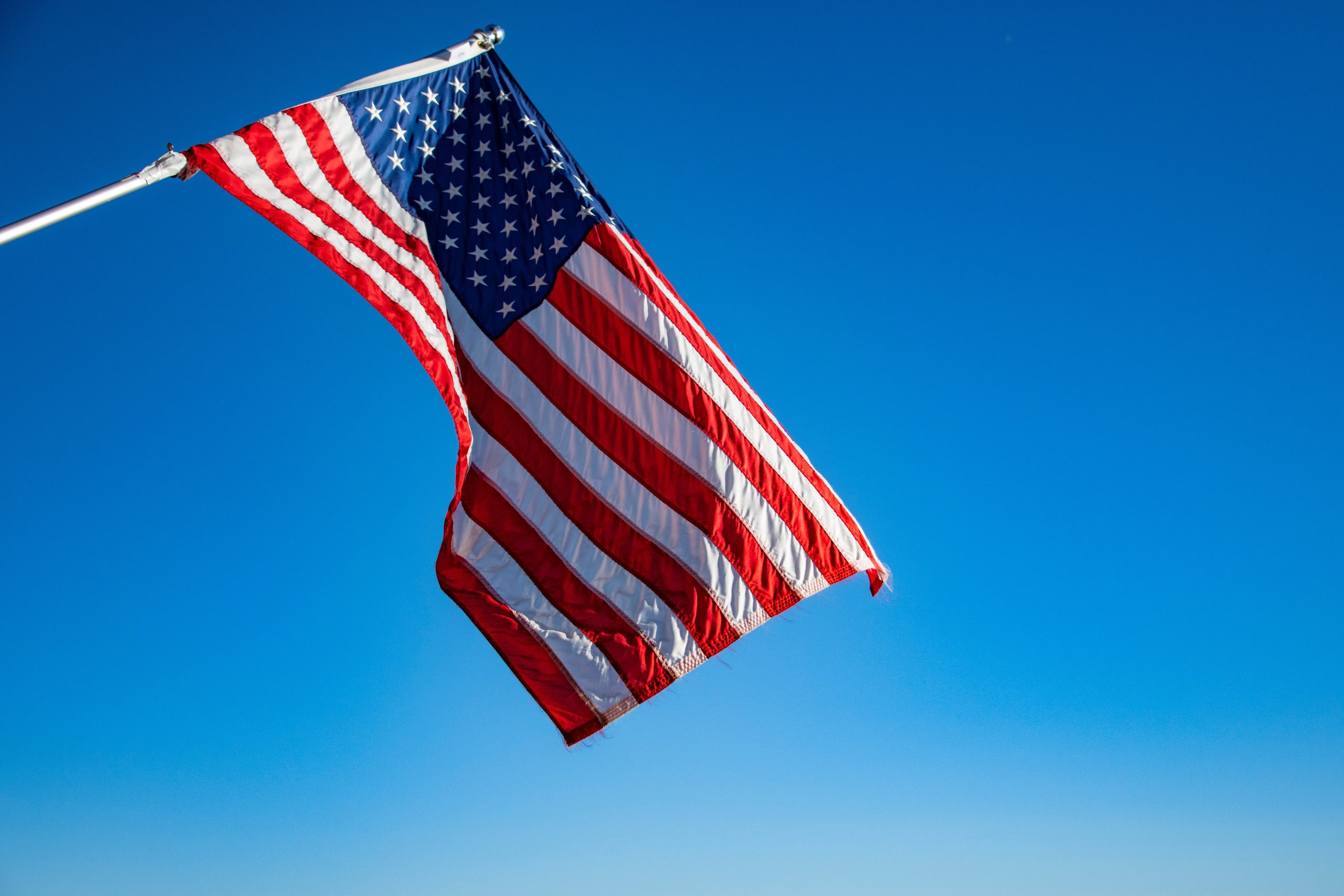News
US shunning FTA due to domestic politics; nothing to do with PH

Coons said the only trade agreement the US has been able to advance in the last six years was one that had high labor and environmental standards.
(Pexels Photo)
MANILA – The United States’ reluctance to pursue a free trade agreement (FTA) with the Philippines at the moment has nothing to do with the country but with the Western nation’s domestic politics, an American senator explained Friday.
In an interview in a Makati hotel, visiting Democrat Senator Christopher Coons said there are “strong opponents in both the Republican and the Democratic Party” to any new FTA.
The Philippines is not an isolated case, he said.
“I have voted for free trade agreements in the past and I personally would favorably consider a free trade agreement between the US and the Philippines as a way to really strengthen our economic partnership,” he said.
“But there are strong opponents in both the Republican Party and the Democratic Party to any new FTA in the world. Our politics generally around trade have become more protectionist. Our past president was probably the most protectionist in a hundred years and it has really changed some of the dynamics around free trade in the United States Congress,” he added.
Coons hopes the outcome of the upcoming US presidential and congressional elections “will show what direction” they would follow.
“This has almost nothing to do with the Philippines.
It has to do with domestic politics in the United States,” he said.
“Over 30 years, millions and millions of Americans lost their jobs in manufacturing as manufacturing businesses got packed up and get shipped off to China, and it produced very deep anger in the United States and very deep resentment against free trade and the costs and consequences,” he explained.
Coons said the only trade agreement the US has been able to advance in the last six years was one that had high labor and environmental standards.
With the huge acceleration of manufacturing employment in the US, Coons doubts there would be an FTA signed with any country “in the next few years.”
“So, popular sentiment or perception needs to catch up to the changes in our economy today,” he said.
Meanwhile, Coons hopes the US-Mexico-Canada Agreement (MCA) that modernized Washington, D.C.’s trade pact with the two nations could serve as a model for future trade works with other nations.
The MCA, which was championed by former president Donald Trump and ratified by a strong majority in the US Congress, substituted the North America Free Trade Agreement and incorporated labor rights and environmental rights “at a high level.”
“My hope is that that will show the path forward for us to do some trade work with trusted partners like the Philippines who is a treaty ally of the US,” Coons said.
The Department of Trade and Industry already expects that the US would not engage on FTA talks during or close to its presidential election, but said the Philippines would continue aggressively pushing for the trade pact.
“Even the congressional delegations that have been visiting the Philippines, even the individual members of Congress and who have been discussing it, there is strong support for the FTA,” Trade Undersecretary Ceferino Rodolfo said in a recent meeting with Filipino journalists in New York City. “That’s why we are hopeful that as soon as maybe early next year, we will again take this up with the US.”
In a separate interview in San Francisco, former US Undersecretary for International Trade Frank Lavin, who also helped negotiate the Bush administration era FTA between the US and Singapore, said an FTA with Washington would also put Manila up in the priority list of firms looking to expand their businesses overseas.
“I think what it does is it moves the Philippines up our priority list. If people are saying one of the top 10 markets I have to look at for expansion activity, the Philippines might not be on the list, but with the FTA, the Philippines would be up that list,” Lanvin said.





















